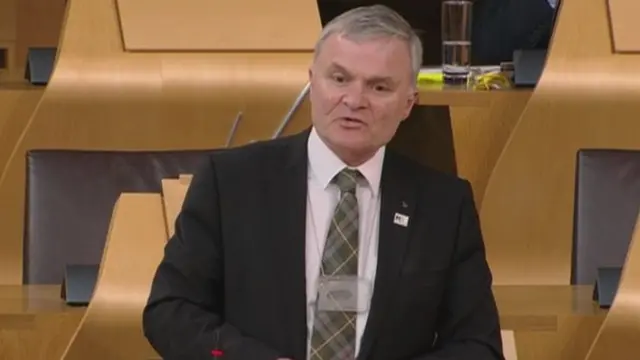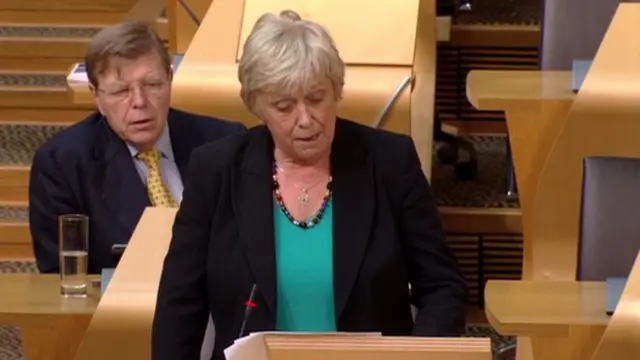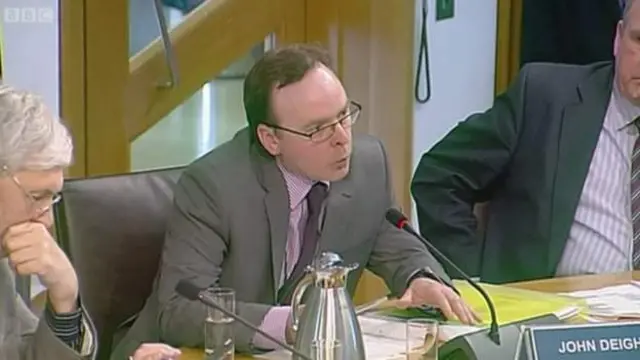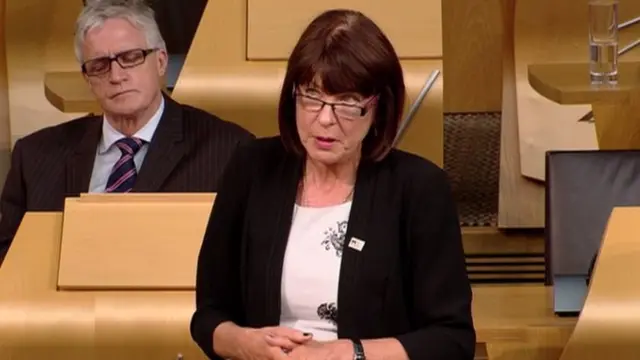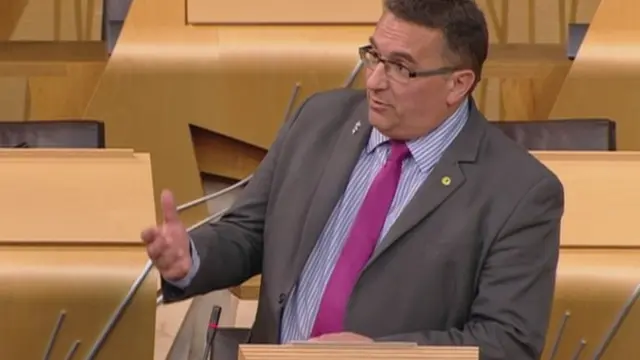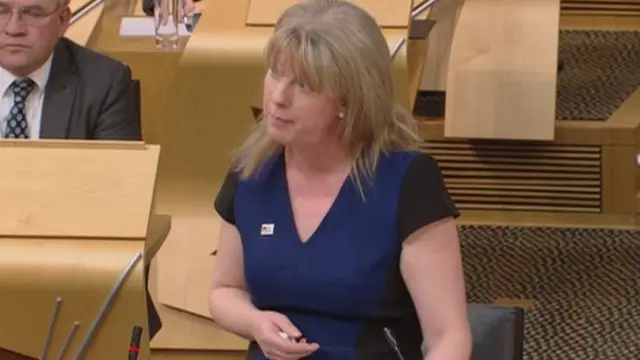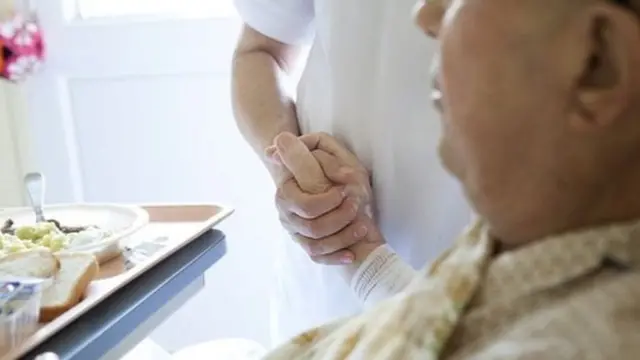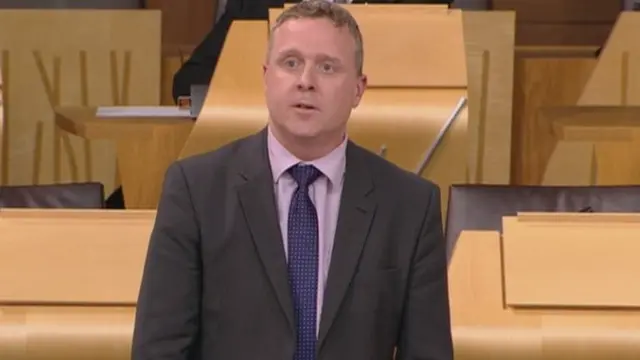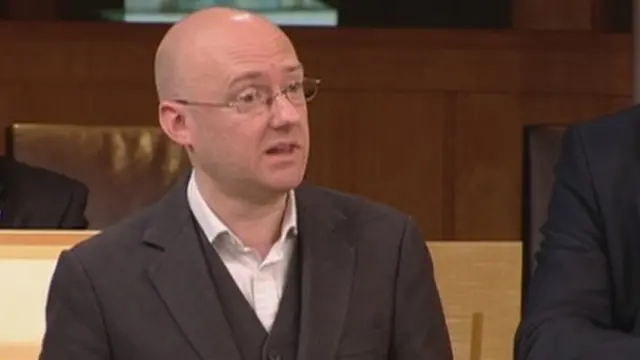BACKGROUND: Legal positionpublished at 15:37 BST 27 May 2015
Assisted suicide - the legal position
It is not illegal to attempt suicide in Scotland, but helping someone take their own life could lead to prosecution.
In England and Wales, the Suicide Act 1961 makes it an offence to encourage or assist a suicide or a suicide attempt, which is almost identical to the situation in Northern Ireland.
The Director of Public Prosecutions (DPP) has to approve any assisted suicide court action in England, Wales and Northern Ireland.
In 2010, Keir Starmer, then the DPP, issued guidance that made it clear that family or friends who travelled with a loved one to the Swiss suicide group Dignitas would not risk prosecution.
The guidelines were the result of a case brought by Debbie Purdy, a terminally ill woman, who in 2009 won a legal ruling requiring the DPP to set out whether her husband would be committing an offence if he accompanied her to Dignitas to end her life.
Scotland's prosecution service, the Crown Office, has issued no such guidance.
Assisted suicide is legal in Luxembourg, the Netherlands and Belgium as well as Switzerland.
